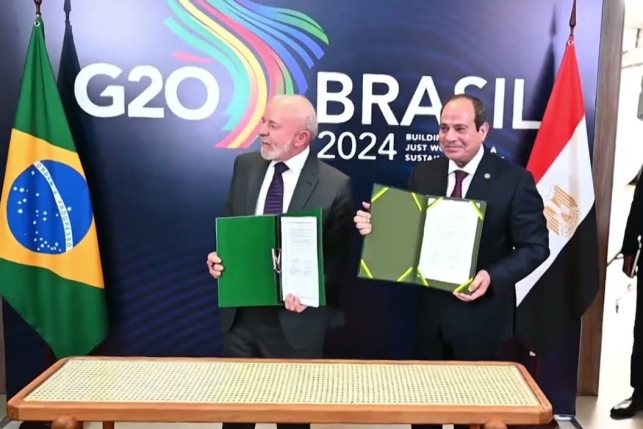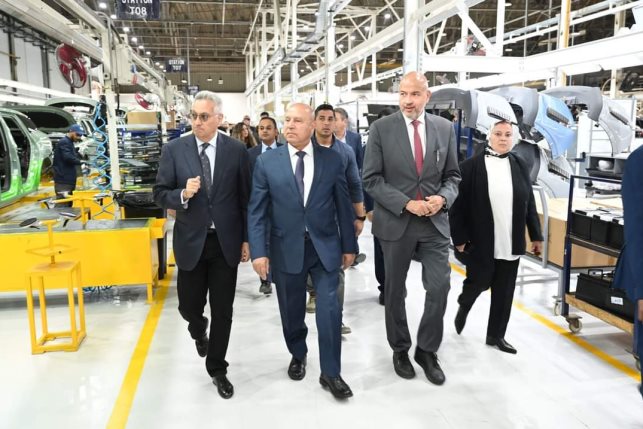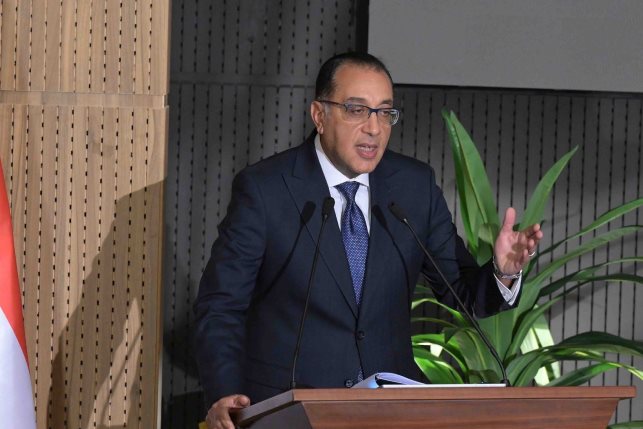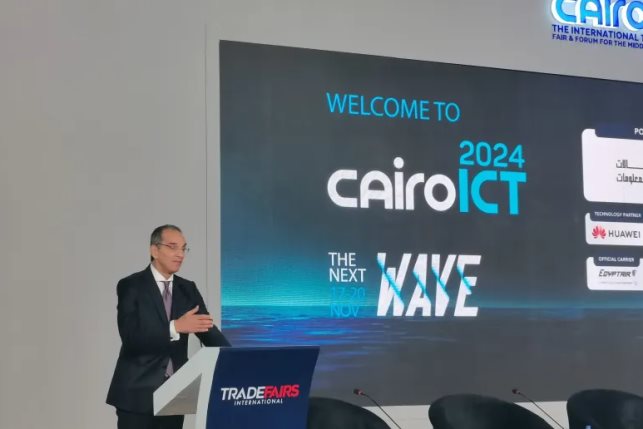Promoting growth and job creation: Egypt's Investment Law amendments open doors for businesses
The recent amendments to the Investment Law are set to create new opportunities and foster economic growth.
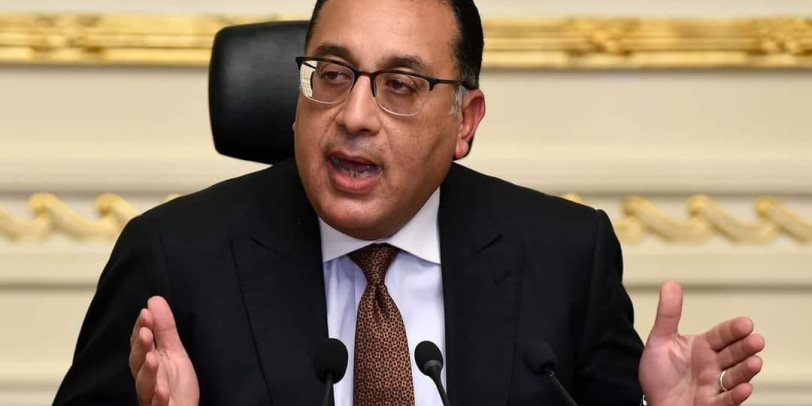 Prime Minister Dr. Mostafa Madbouly issues a decree amending provisions of the executive regulations of Egypt's Investment Law —
Prime Minister Dr. Mostafa Madbouly issues a decree amending provisions of the executive regulations of Egypt's Investment Law —
In a significant move to enhance investment in Egypt, Prime Minister Dr. Mostafa Madbouly has issued a decree amending certain provisions of the executive regulations of the Investment Law, as per Prime Ministerial Decree No. 2310 of 2017.
According to Article 1 of the decree, the following text replaces Article 76 of the executive regulations of the Investment Law: "The Cabinet is authorized to approve the establishment of private free zone projects based on the proposal of the competent minister, following the study and evaluation by the General Authority for Investment.
This approval is subject to a set of conditions and requirements, including the project being established as a joint-stock or limited liability company, with a minimum local component of 30% within a maximum period of three years from the start of operations. The export ratio outside the country should not be less than 80%, and exceptions to this ratio can be granted for strategic projects of special importance."

Complying with industrial security:
Moreover, the conditions and requirements stipulate that private free zone projects must comply with industrial security, civil defense, and fire safety conditions, in accordance with the Egyptian code applicable in this regard or the decisions issued by the minister responsible for industrial affairs.
These projects are also required to secure their facilities and borders with security towers, surveillance cameras, and the presence of personnel from the Authority's security and port security departments at the project's expense.
Among the conditions, the Authority is responsible for monitoring the activities of private free zone projects to ensure their proper operation and verify the compliance with the procedures for conducting activities.
The monitoring mechanisms are set by the Authority's board of directors and approved by the Cabinet.

Periodic reports:
The relevant management of the free zone should provide periodic reports to the board of directors for evaluation of the project's feasibility to continue operating under the private free zone system.
Additionally, all records and registers of private free zone projects are made available to the Authority during inspection and monitoring processes. The Authority may seek assistance from relevant entities in this regard.
The final approval for the project may be revoked if the investor fails to take serious and executive measures, such as initiating the establishment procedures, submitting engineering drawings, obtaining necessary approvals from relevant authorities, and providing a timeline for commencing operations, all within six months from the date of receiving the approval decision.
This period may be extended upon justified grounds presented by the concerned parties and evaluated by the free zone's board of directors. The Cabinet may consider individual cases and make exceptions based on its own assessments and upon the proposal of the competent minister and the subsequent approval of the Authority's board of directors.

Establishment of a specialized service free zone:
Article 2 of the decree adds a new provision (repeated Article 76) to the executive regulations, stating that, "Exceptionally, the Cabinet may approve the establishment of a specialized service free zone, consisting of a main service project, within which subsidiary service projects that engage in similar activities falling under any of the sectors specified in Article 1 of these regulations can be established.
This approval is subject to a set of conditions and requirements, including the main project in the specialized service free zone being established as a joint-stock or limited liability company."
The conditions and requirements also entail that the main project in the specialized service free zone must comply with civil defense and fire safety conditions in accordance with the Egyptian code applicable in this regard.
The board of the Authority shall issue a decision on the procedures and requirements for establishing subsidiary service projects within the specialized service free zone, which will be approved by the Cabinet based on the proposal of the competent minister.
The board of the specialized service free zone, in which the specialized service free zone falls within its geographical scope, is responsible for approving the establishment of projects within the specialized service free zone and revoking approvals if necessary.
The chairman of the board of the specialized service free zone is the chairman of the Authority, and the competent minister will determine the members of the board of the specialized service free zone. The members of the board of the specialized service free zone may include representatives of the relevant ministries, the governorate in which the specialized service free zone falls within its geographical scope, and representatives of the investors within the specialized service free zone.

Provision of necessary infrastructures:
The main project in the specialized service free zone must provide the necessary infrastructure, facilities, and services to the subsidiary projects within the specialized service free zone.
The conditions and requirements also stipulate that the main project in the specialized service free zone should ensure that the local component does not fall below 30% within a maximum period of three years from the start of operations. Furthermore, the export ratio outside the country should not be less than 80%, except for strategic projects of special importance, where exceptions can be made to this ratio.
Similar to private free zone projects, the Authority is responsible for monitoring the activities of the specialized service free zone, ensuring compliance with regulations, and verifying the safety of business procedures. The relevant management of the specialized service free zone should provide periodic reports to the Authority's board of directors for evaluation.
In case the main project in the specialized service free zone fails to take necessary measures within the specified timeline or comply with the established conditions, the approval for the project may be revoked. However, the Cabinet may consider individual cases and exceptions based on appropriate considerations, upon the proposal of the competent minister and the approval of the Authority's board of directors.
These amendments to the executive regulations of the Investment Law aim to provide a framework for the establishment of private free zones and specialized service free zones in Egypt. The conditions and controls outlined in the decision aim to ensure the proper functioning of these zones, promote local participation, and encourage exports.

Efforts to promote economic growth:
The amendments made to the executive regulations of the Investment Law in Egypt are part of the government's ongoing efforts to attract more investments and promote economic growth. By creating a framework for private free zones and specialized service free zones, the government aims to provide a conducive environment for local and foreign businesses to thrive.
These zones offer various incentives and streamlined procedures, encouraging companies to establish their operations in Egypt and contribute to job creation and export growth. The amendments also emphasize the importance of local participation and compliance with safety regulations, ensuring the well-being of workers and the surrounding communities.


